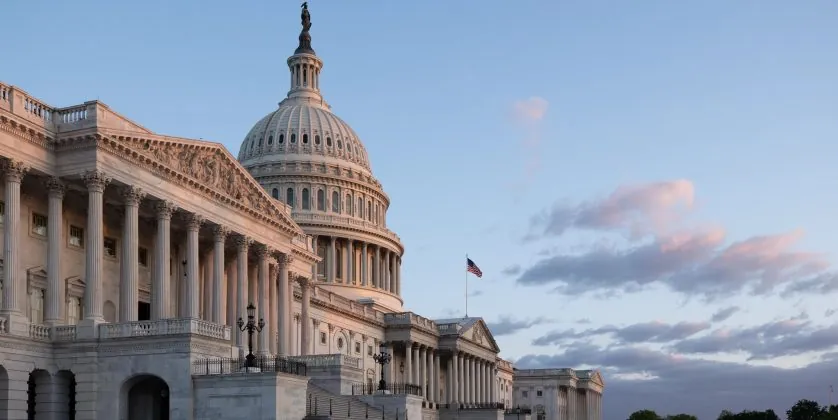Over the past 35 years, the percentage of government workers in Alabama has remained relatively stable. In 1990, around 18.4% of the workforce was employed by the government. This percentage increased to 20.4% in 2010, but has since declined. However, when looking at the actual number of government employees in Alabama, there has been an increase of 84,500 employees since 1990. In seven out of the past 10 years, the state has seen an overall growth of government employment, totaling 8.0%.
There are several reasons why it is important to care about the fact that more Alabamians are employed by the government than ever before.
Anyone who pays federal, state, or local taxes directly contributes to the growth of government. As the public sector expands, its influence and involvement in activities that should be handled by the private sector also increase. Rather than allocating more funds to the government, policymakers should focus on implementing policies that promote further growth in the private sector.
Over the past two decades, there has been a significant growth in nominal federal spending, reaching a peak of $6.8 trillion in 2021 due to the federal government’s response to the COVID-19 pandemic. However, it is important to note that this growth in public sector spending cannot occur without corresponding increases in tax revenue or mounting debt. In the same timeframe, federal tax revenues saw a substantial increase of 136.1%. As a result, it becomes evident that any expansion in public sector spending necessitates adequate financial resources to sustain it.
Increases in federal spending have led to significant increases in both annual federal deficits and cumulative debt.
The federal government has not experienced a budget surplus since 2000. Instead, annual federal deficits have varied from $32.4 billion in 2001 to a peak of $3.1 trillion in 2020. Last year alone, the federal government spent approximately $1.7 trillion more than it received from taxpayers. Over the past decade, federal debt held by the public has surged by over 105%, reaching a staggering $26.2 trillion by 2023. Disturbingly, the Heritage Foundation reveals that a child born in 2024 will inherit a $82,590 in federal debt, which is projected to grow 2.5 times by the time they turn 30.
In the end, all Americans will bear the consequences of spending that cannot be sustained. This could come in the form of substantial tax hikes or a severe decline in the U.S. economy.
In 2023, the federal government provided Alabama with over $64 billion in direct payments, contracts, grants, and other forms of financial assistance. This substantial amount of funding has contributed to Alabama becoming one of the most reliant states on federal support. With each dollar received from the government, the dependency on federal, state, or local governments continues to grow.
When Alabama’s state and local governments rely heavily on funding from Washington, D.C., it limits the autonomy of our elected officials in determining how those funds, along with the state and local funds required to match federal funding, are allocated. This situation compels Alabama to conform to the values and priorities of the political party in control of the federal government, regardless of whether it aligns with our own values.
The goal of any level of government should be to minimize its interference, allowing its citizens and the private sector to thrive. Instead of focusing on raising and spending excessive amounts of money to sustain growth and dependency, government should prioritize efficiency and limited intervention. Unfortunately, Alabama has witnessed a significant increase in government employees over the past 35 years, with a staggering addition of 84,500 individuals at various levels. This alarming trend reflects the widespread issue of government expansion throughout the United States.
Less freedom and opportunity for Alabamians is the ultimate consequence in the long run.
Justin Bogie holds the position of Senior Director of Fiscal Policy at the Alabama Policy Institute.











Leave a Reply